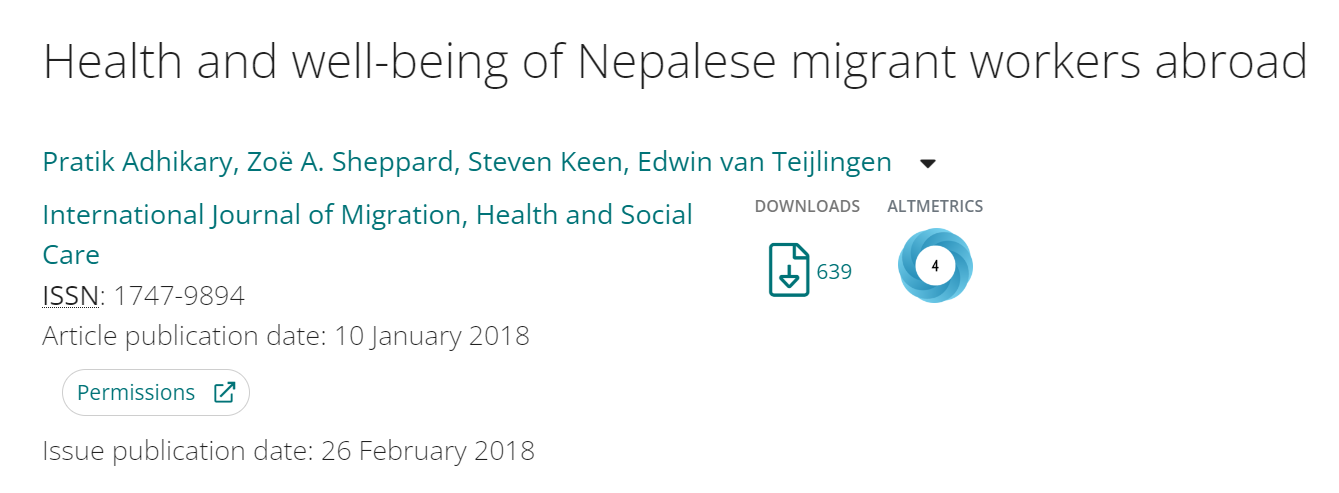 The paper ‘Health and well-being of Nepalese migrant workers abroad’ [1], which was part of the PhD work of Dr. Pratik Adhikary has been cited forty times. This is one of the many recent Bournemouth University papers focusing on the health and well-being of migrant workers from Nepal. The purpose of this paper was to assess the health and mental well-being of Nepalese construction and factory workers employed in Malaysia, Qatar and Saudi Arabia. We used a structured questionnaire administered, in and around Nepal’s international airport. In total 403 migrants who had worked for over six months in their host countries. Logistic regression was used to investigate factors associated with self-reported health status and mental health symptoms.
The paper ‘Health and well-being of Nepalese migrant workers abroad’ [1], which was part of the PhD work of Dr. Pratik Adhikary has been cited forty times. This is one of the many recent Bournemouth University papers focusing on the health and well-being of migrant workers from Nepal. The purpose of this paper was to assess the health and mental well-being of Nepalese construction and factory workers employed in Malaysia, Qatar and Saudi Arabia. We used a structured questionnaire administered, in and around Nepal’s international airport. In total 403 migrants who had worked for over six months in their host countries. Logistic regression was used to investigate factors associated with self-reported health status and mental health symptoms.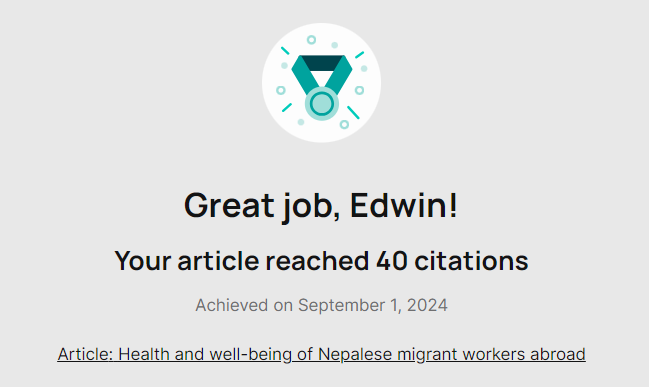
Pratik’s PhD was supervised by Dr. Zoe Sheppard, Dr. Steve Keen and Prof. Edwin van Teijlingen. This research has been financially supported by a PhD studentship at Bournemouth University and funding from the Open Society Foundation (OSF). BU supported Pratik to travel to Nepal, and the OSF provided subsistence funds. Pratik has written several further papers based on his PhD study [2-5].
References:
- Adhikary P, Sheppard, Z., Keen S., van Teijlingen E. (2018) Health and well-being of Nepalese migrant workers abroad, International Journal of Migration, Health and Social Care 14(1): 96-105. https://doi.org/10.1108/IJMHSC-12-2015-0052
- Adhikary, P., Sheppard, Z., Keen, S., van Teijlingen, E. (2017) Risky work: Accidents among Nepalese migrant workers in Malaysia, Qatar and Saudi, Health Prospect 16(2): 3-10.
- Adhikary P, van Teijlingen E., Keen S. (2019) Workplace accidents among Nepali male workers in the Middle East and Malaysia: A qualitative study, Journal of Immigrant & Minority Health 21(5): 1115–1122. https://link.springer.com/article/10.1007/s10903-018-0801-y
- Adhikary P, van Teijlingen E. (2019) Support networks in the Middle East & Malaysia: A qualitative study of Nepali returnee migrants’ experiences’ – International Journal of Occupational Safety and Health 9(2): 31-35.
- Adhikary P, Keen S and van Teijlingen E (2011). Health Issues among Nepalese migrant workers in the Middle East. Health Science Journal.5(3):169-i75 DOI: 2-s2.0-79960420128.
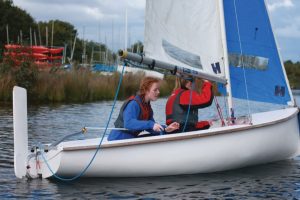
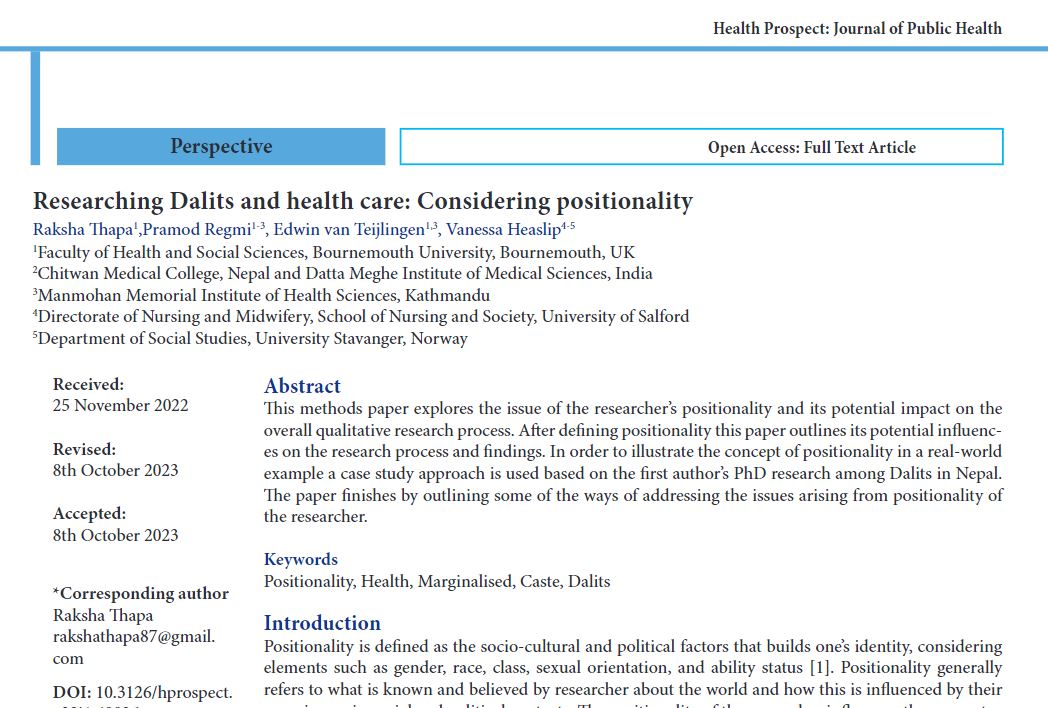

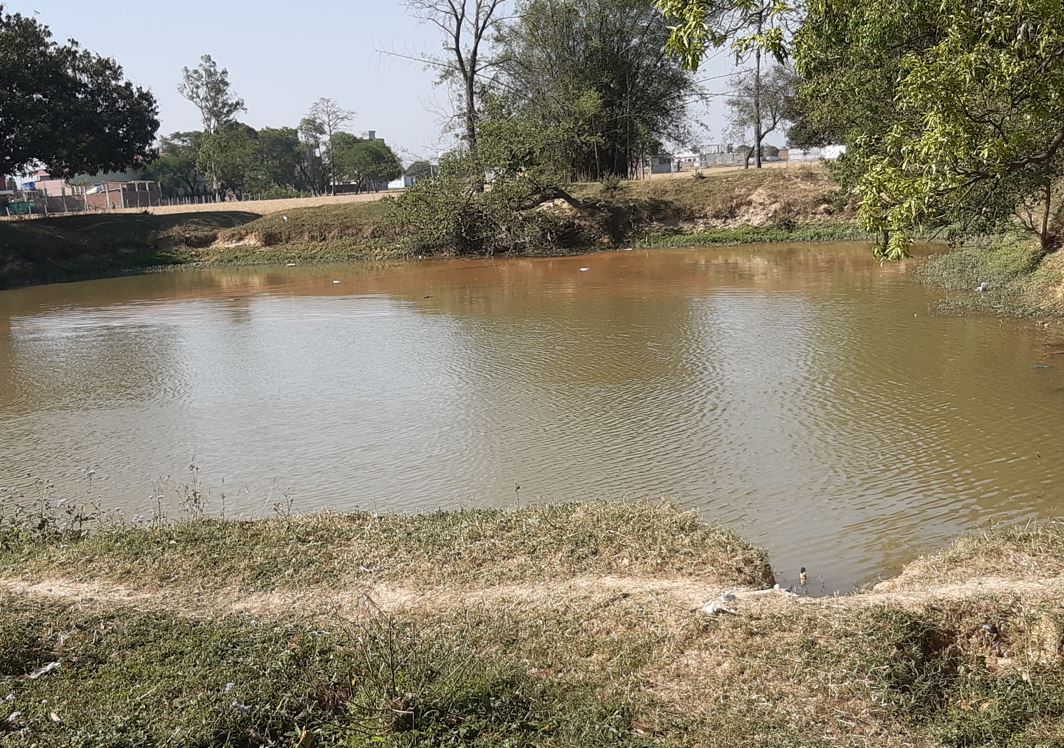



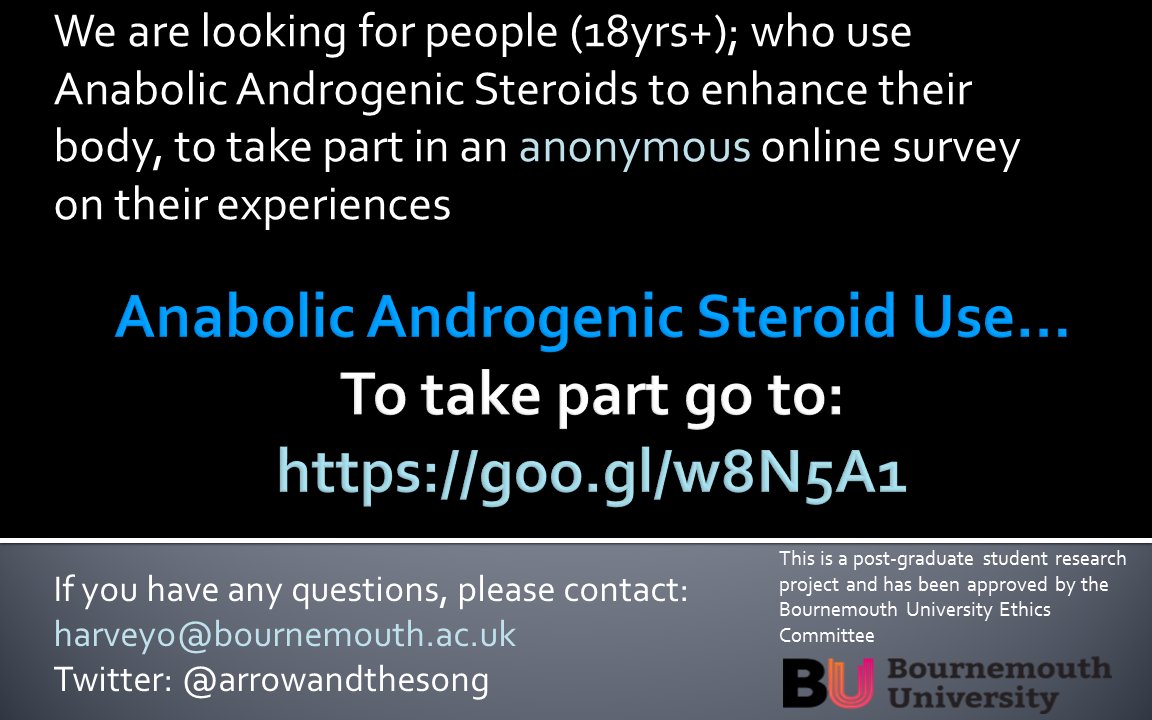

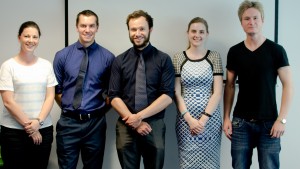


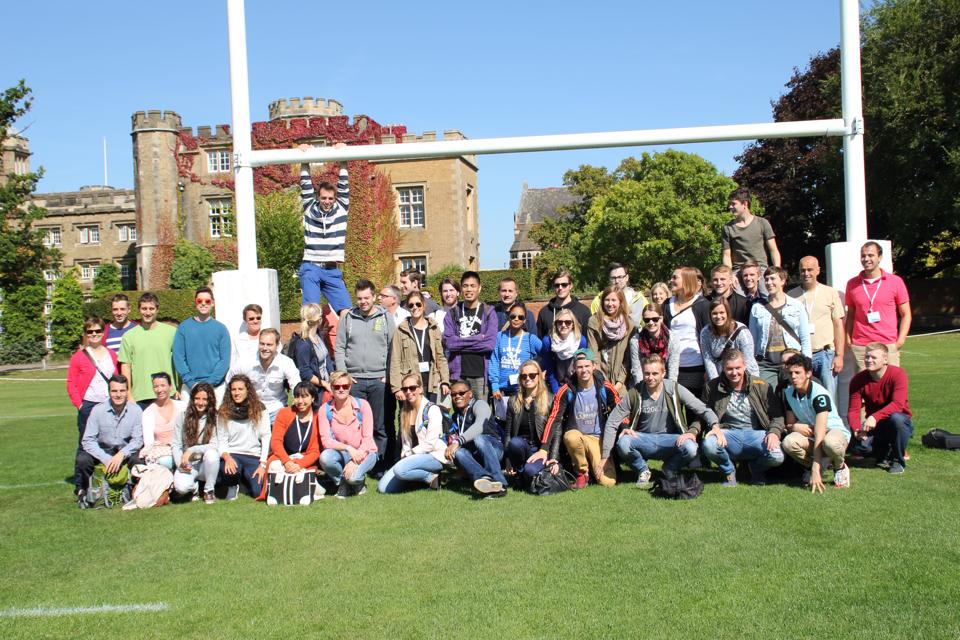











 REF Code of Practice consultation is open!
REF Code of Practice consultation is open! BU Leads AI-Driven Work Package in EU Horizon SUSHEAS Project
BU Leads AI-Driven Work Package in EU Horizon SUSHEAS Project Evidence Synthesis Centre open at Kathmandu University
Evidence Synthesis Centre open at Kathmandu University Expand Your Impact: Collaboration and Networking Workshops for Researchers
Expand Your Impact: Collaboration and Networking Workshops for Researchers ECR Funding Open Call: Research Culture & Community Grant – Apply now
ECR Funding Open Call: Research Culture & Community Grant – Apply now ECR Funding Open Call: Research Culture & Community Grant – Application Deadline Friday 12 December
ECR Funding Open Call: Research Culture & Community Grant – Application Deadline Friday 12 December MSCA Postdoctoral Fellowships 2025 Call
MSCA Postdoctoral Fellowships 2025 Call ERC Advanced Grant 2025 Webinar
ERC Advanced Grant 2025 Webinar Update on UKRO services
Update on UKRO services European research project exploring use of ‘virtual twins’ to better manage metabolic associated fatty liver disease
European research project exploring use of ‘virtual twins’ to better manage metabolic associated fatty liver disease